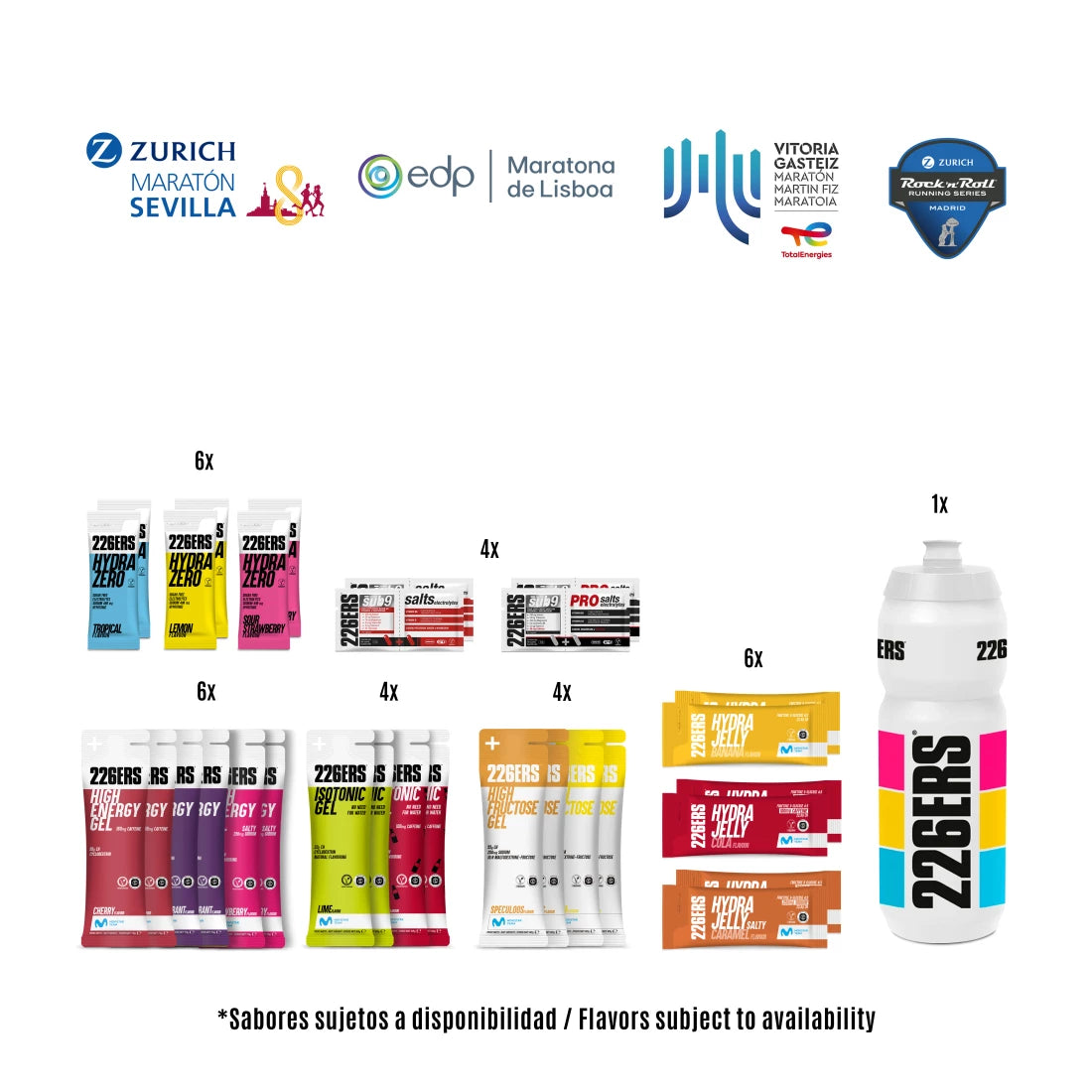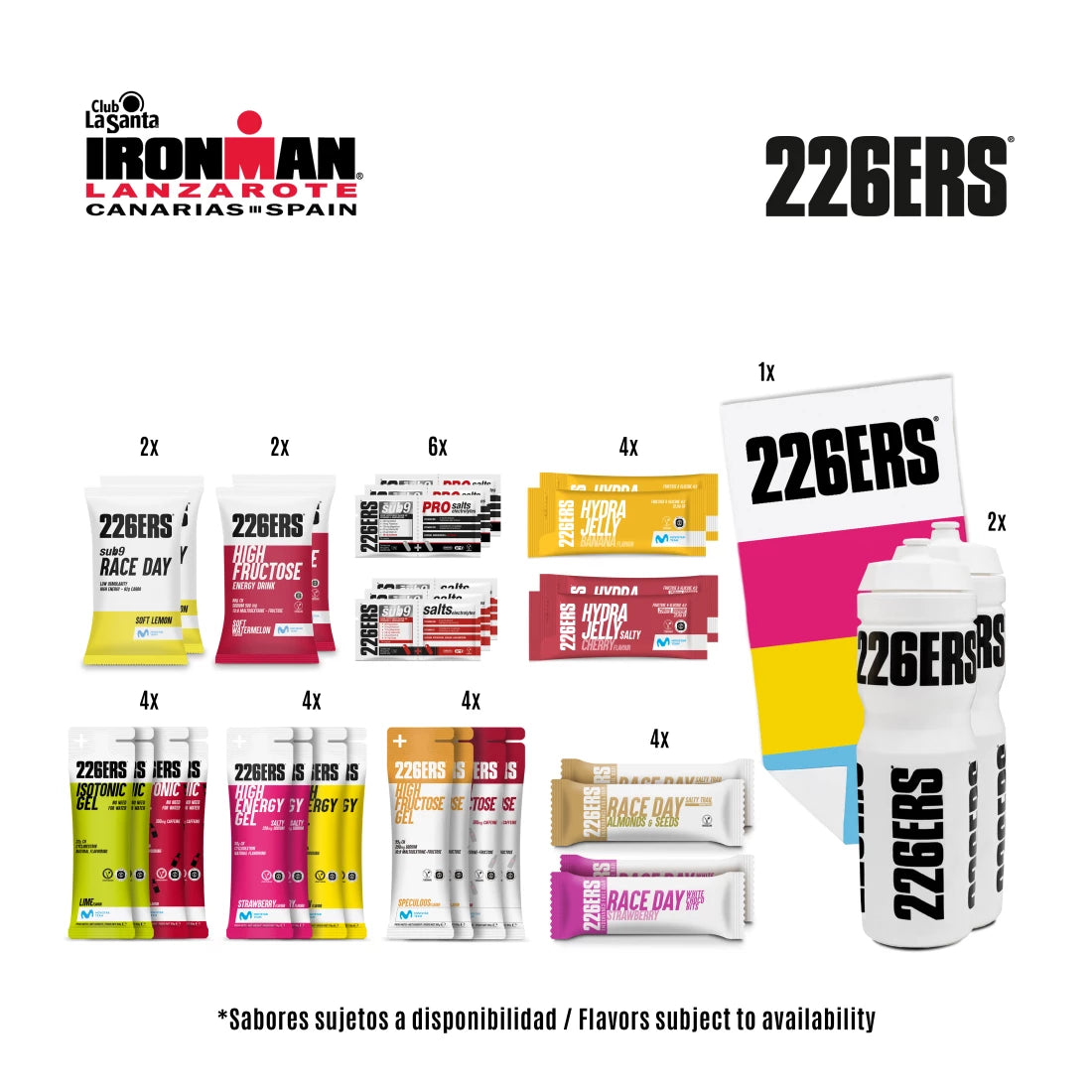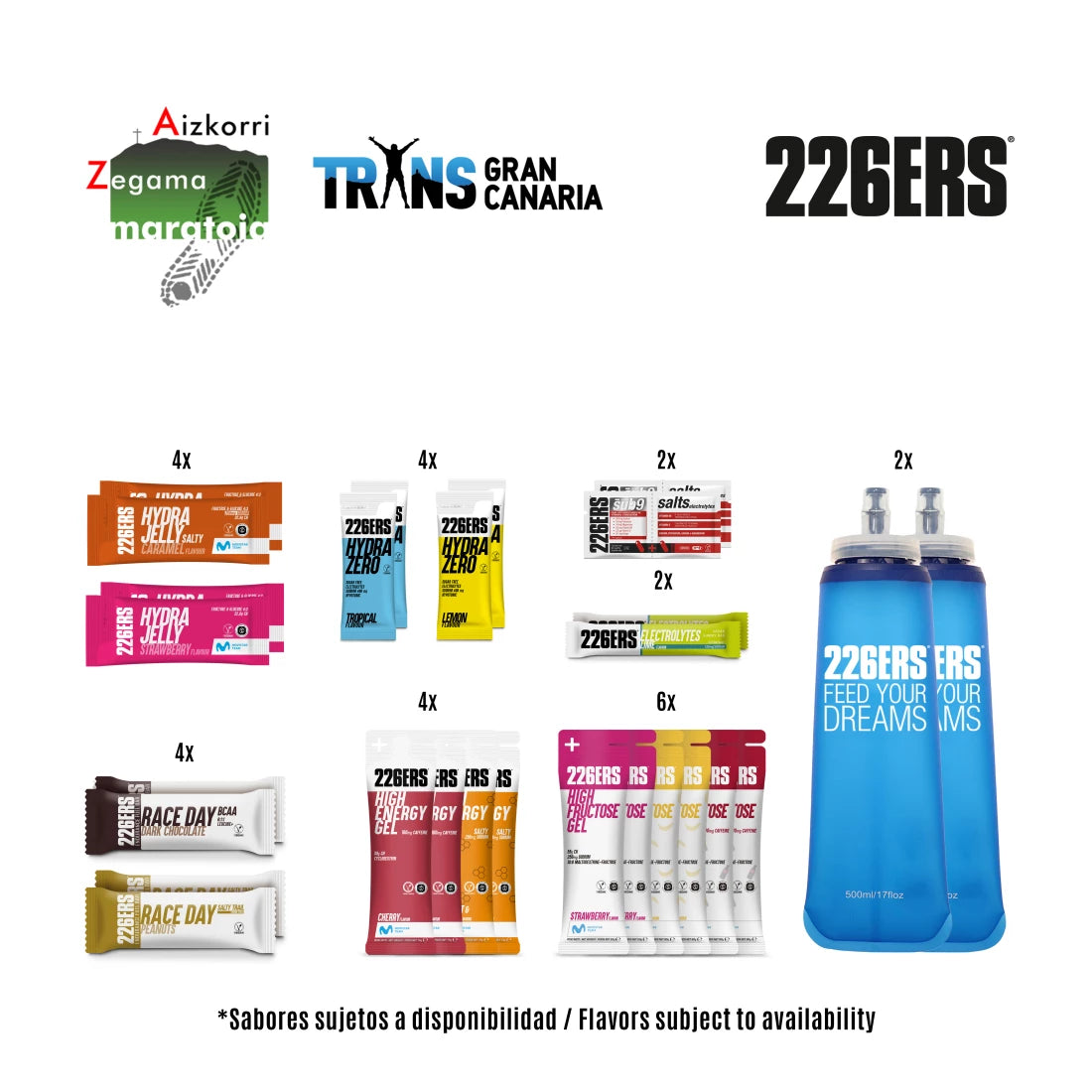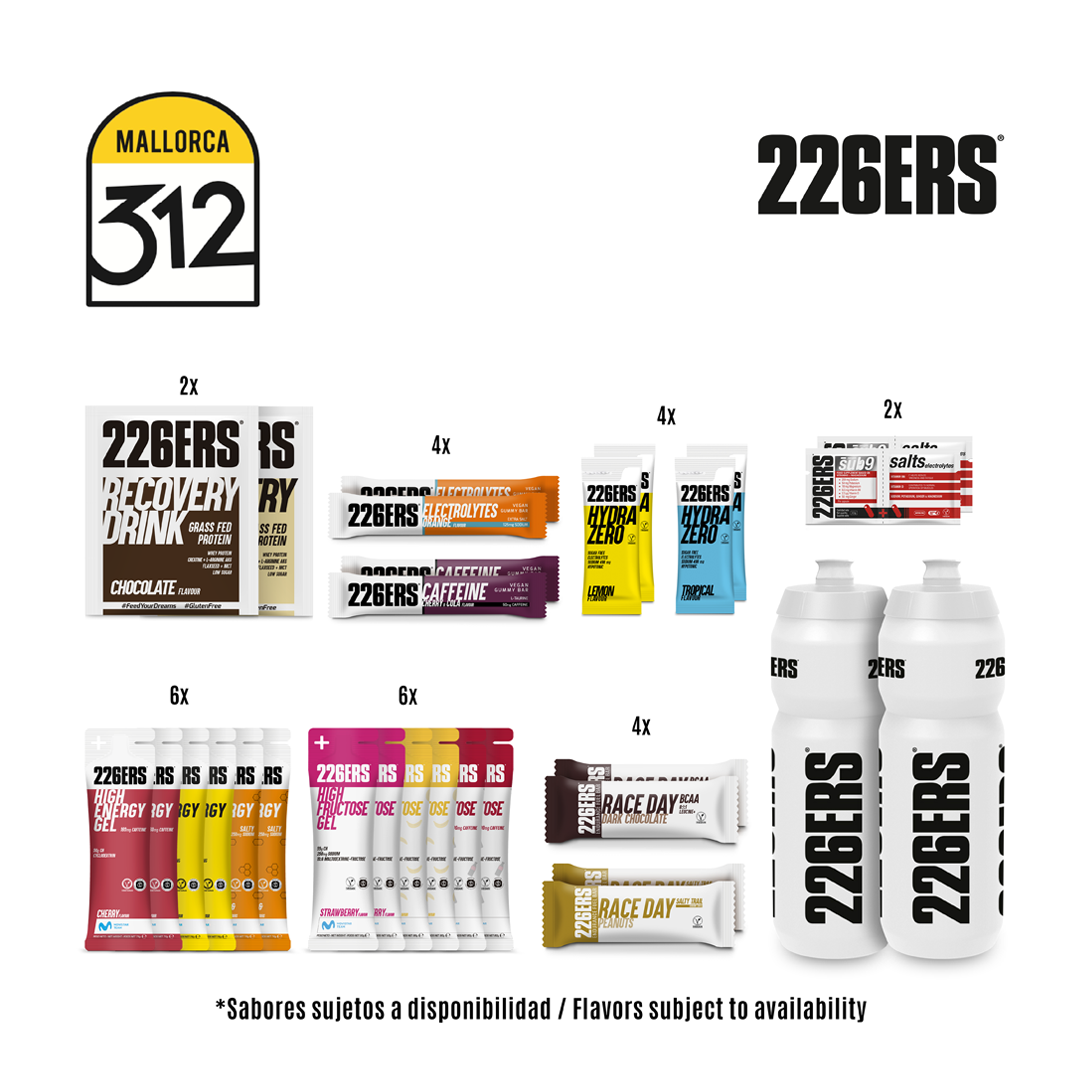Recovering properly is as important as training hard. Your reservations and muscles should recover, it is the opportunity to maximize the benefits of your preparation.
The effort we submit to the muscles and the cardiovascular system during a training
It is detrimental to short -term performance, since muscle damage and tissue inflammation occur. However, in the medium and long term this effort
It is the necessary stimulus to adapt to future demands.
Only with a good recovery will improve that allows us to be fresh for the next training and to notice the progress in our performance.
Here are the 4 keys to carry out a correct recovery:
1. Hydrates recharge
During the effort we are emptying our glycogen reserves, this is the main way that our body has to store hydrates, with what
After training these reserves will have been diminished to a lesser or greater degree.
If we train daily or several days a week
It is essential to recharge glycogen by continuous intake of carbohydrates. This becomes critical when we do up to 2 daily training, so the recharge must occur
as quickly as possible.
To optimize the absorption of hydrates it is advisable to ingest
1.2 grams of carbohydrates per kilo of weight during the 30 or 60 minutes later To training. In this period
We will obtain optimal absorption.
2. Protein reconstruction
As we have previously pointed out, the damage caused to the muscles during effort and subsequent recovery is what makes them
Grow and prepare them to adapt to future loads.
This process can be accelerated by intake of
proteins that will help in muscle reconstruction, also if we accompany them with the consumption of amino acids BCAA's we will be
facilitating protein synthesis.
Like carbohydrates we must make their intake
During the 30 or 60 minutes after training, consuming between 2nd and 4th grams.
It is advisable to combine the consumption of carbohydrates with proteins and BCAA's, so
Muscle recuperators of 226ers combine them
in one take with the appropriate amounts.
3. Rehydration
The loss of liquids is necessary for the temperature of our body to remain under control, but a loss of between 2 and 3% can mean a
severe performance decline caused by the
Dehydration
Water consumption and mineral salts during exercise is decisive to avoid it, but also after exercise it is convenient to make rehydration through a
Isotonic drink With salts and low osmolarity, which implies
that does not contain sugars in order to avoid gastric problems that prevent the correct assimilation of liquid and minerals.
The most widespread formula is one that recommends ingesting
1.5 liters of liquid per kilo lost during exercise.
4. Rest
We assume that after an intense effort the rest is mandatory, and so it is. What we do not take into account many times is the
Start training equally rested.
Train after
to have slept well and have recovered your body from the previous effort It is essential to improve your performance and resistance.
And what do you consider to recover after training?











